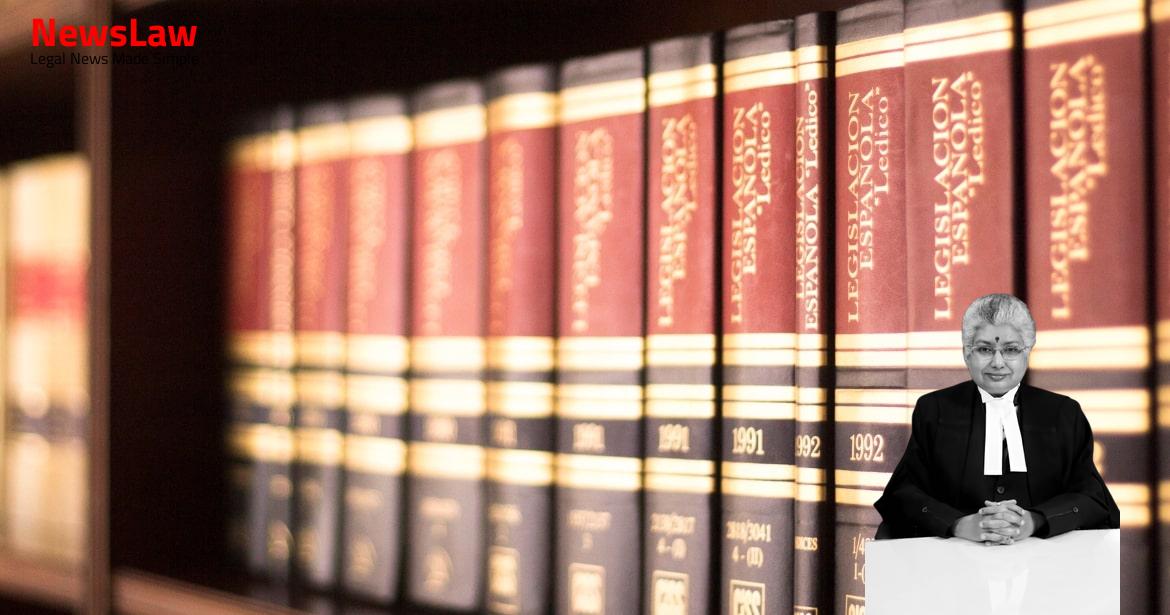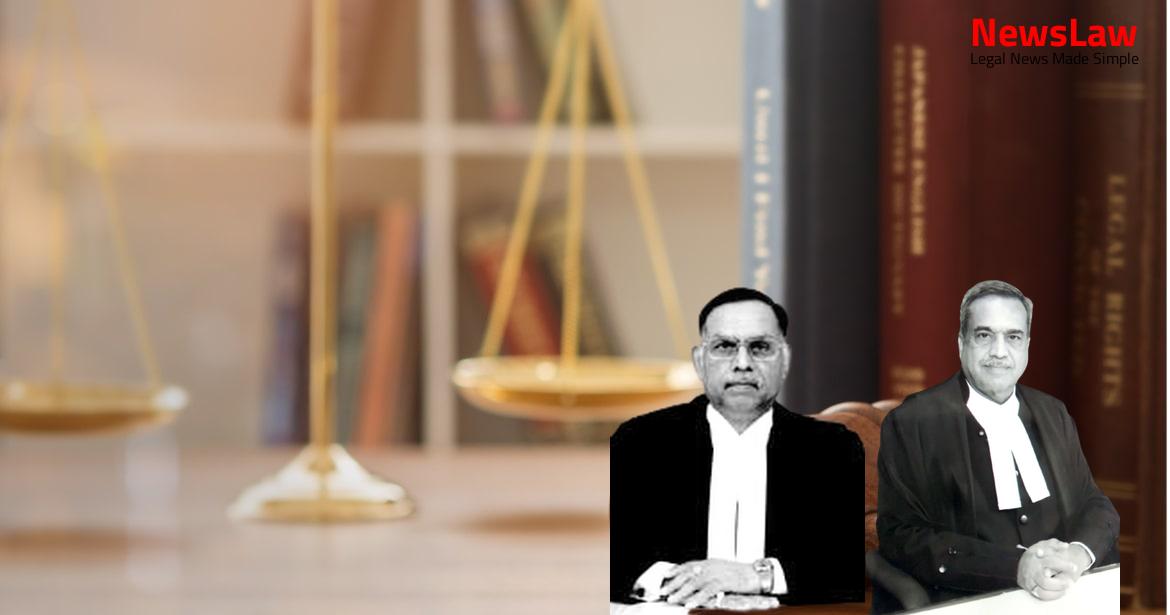987 of 2009 Ravi Dhingra (Accused No.4) 7 years, 10 months & 13 days (on bail since 13.05.2009 as per jail custody certificate dated 31.01.2023) Criminal Appeal Nos. 5296 of 2012 Parvez Khan (Accused No.1) 3 years, 7 months & 2 days (on bail since 28.07.2012 as per jail custody certificate dated 31.01.2023)
2 Criminal Appeal No.987 of 2009, filed by Raman Goswami stands abated on account of his death vide order dated 08.04.2019. Kanta Goyal (PW- 3 2) who was a resident of house No 1653/13 which was near the said school and another student of 9 Standard, namely, Manish (PW-4) told them that at 8:15 a.m., two boys with muffled faces had put Harsh in a Maruti car without a number plate and having tinted window glass.
That demands and enquiries for ransom were made through letters and telephonic messages to PW-20 on 09.03.2000, 12.03.2000, 13.03.2000 and 14.03.2000. Additional Sessions Judge, Fast Track Court, Kurukshetra, (‘Trial Court’, for the sake of convenience) tried the appellants accused for the commission of offences under Sections 364, 364A, 342, 506 read with Section 148 of the IPC. The Trial Court also concluded that the appellants sought to take advantage of PW-21’s confinement and the threat to cause death to him for compelling PW-20 to pay the ransom.
The Trial Court sentenced the accused-appellants to undergo rigorous imprisonment for three years under Section 148 of the IPC, rigorous imprisonment for life and to pay a fine of Rs.2000/- each under Section 364A read with Section 149 of the IPC. It rejected the contention as to the contradictions in PW-20’s stance by declaring that “ Discrepancy in investigation cannot by itself a ground to reject the testimony of a reliable witness.” Further, the High Court concluded that by virtue of the testimony of PW-20 and PW-21 itself, the “ connection of the accused with the crime stands established beyond reasonable doubt.” The High Court rejected the plea of the appellants to modify the conviction to that for an offence under Section 363 or 365 of the IPC or under Section 506 IPC, which did not provide for a minimum sentence of life imprisonment on the ground of prolonged detention of over seven years. Being aggrieved by the judgement and sentence of the High Court, the accused have approached this Court by filing their 8 respective Special Leave Petitions, in which leave has been granted and are now considered Criminal Appeals. He also submitted that n o demand for ransom on the basis of the cause of death or hurt could be proven as these emanated from the police. To put the matter in perspective, the provisions of Section 361 read with Sections 363, 364 and 364A ought to be compared. Whoever takes or entices any minor under sixteen years of age if a male, or under eighteen years of age if a female, or any person of unsound mind, out of the keeping of the lawful guardian of such minor or person of unsound mind, without the consent of such guardian, is said to kidnap such minor or person from lawful guardianship. – Whoever kidnaps or abducts any person or keeps a person in detention after such kidnapping or abduction, and threatens to cause death or hurt to such person, or by his conduct gives rise to a reasonable apprehension that such person may be put to death or hurt, or causes hurt or death to such person in order to compel the Government or any foreign State or international governmental inter – governmental organization or any other person to do or abstain from doing any act or to pay a ransom, shall be punishable with death, or imprisonment for life, and shall also be liable to fine.” We note that Section 363 of the IPC punishes the act of kidnapping and Section 364 thereof punishes the offence of kidnapping or abduction of a person in order to murder him.
Administration of Daman & Diu, 13 (2006) SCC 36 (“Anil”), Vishwanath Gupta vs.
In the said case, the question was whether appellant therein could have been convicted under Section 364A of the IPC when the charge framed was under Section 364 read with Section 34 of the IPC. It was, thus, obligatory on the part of the learned Sessions Judge, Daman to frame a charge which would answer the description of the offence envisaged under Section 364-A of the Penal Code. According to Section 364-A, whoever kidnaps or abducts any person and keeps him in detention and threatens to cause death or hurt to such person and by his conduct gives rise to a reasonable apprehension that such person may be put to death or hurt, and claims a ransom and if death is caused then in that case the accused can be punished with death or imprisonment for life and also liable to pay fine. There are three stages in this section, one is the 15 kidnapping or abduction, second is threat of death coupled with the demand of money and lastly when the demand is not met, then causing death. The deficiency in the existing legal framework was noticed by the Law Commission and a separate provision in the form of Section 364-A IPC proposed for incorporation to cover the ransom situations embodying the ingredients mentioned above.” It is necessary to prove not only that such kidnapping or abduction has taken place but that thereafter, the accused threatened to cause death or hurt to such person or by his conduct gave rise to a reasonable apprehension that such person may be put to death or hurt or cause hurt or death to such person in order to compel the Government or any foreign 16 State or international, inter-governmental organization or any other person to do or abstain from doing any act or to pay a ransom.
We may now look into Section 364-A to find out as to what ingredients the section itself contemplate for the offence. Third condition begins with the words “or causes hurt or death to such person in order to compel the Government or any foreign State to do or abstain from doing any act or to pay a ransom”. We have noticed that after the first condition the second condition is joined by conjunction “and”, thus, whoever kidnaps or abducts any person or keeps a person in detention after such kidnapping or abduction and threatens to cause death or hurt to such person. Crawford on Interpretation of Law while dealing with the subject “disjunctive” and “conjunctive” words with regard to criminal statute made following statement: “… The court should be extremely reluctant in a criminal statute to substitute disjunctive words for conjunctive words, and vice versa, if such action adversely affects the accused.” xxx 33.
Thus, in addition to first condition either Condition (ii) or (iii) has to be proved, failing which conviction under Section 364-A cannot be sustained.” Thus, this Court in SK Ahmed set aside the conviction under Section 364A of the IPC and modified the same to conviction under Section 363, for the reason that the additional conditions were not met by observing as follows: “ 42.
We also note that the Courts below, as is usual in kidnapping cases, have placed singular reliance on the testimony of PW-21 to prove the element of ‘threat to cause death or hurt’, or to determine whether the appellants’ conduct gives rise to a reasonable apprehension that such person may be put to death or hurt.
Also Read: https://newslaw.in/case-type/criminal/dereliction-of-duty-and-grave-lapses-a-legal-analysis/
After mentioning that the PW-21 was forcibly put inside the car and gagged, the statement reads, “ The occupants threatened me with a knife and pistol and 21 threatened me to kill.” Thus, three crucial changes may be noticed: first, a change in the exact timing of the threat; second, the specificity of the delivery of the threat to kill; and third, omission of the intent behind the threat i.e.
These details are crucial to proving the second ingredient of the charge under Section 364A and essential to bring home the guilt under this section namely, threat resulting in giving rise to a reasonable apprehension that such person may be put to death or hurt.
Case Title: RAVI DHINGRA Vs. THE STATE OF HARYANA (2023 INSC 182)
Case Number: Crl.A. No.-000987-000987 / 2009



